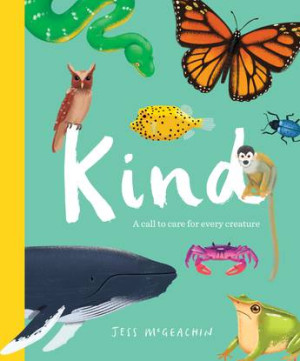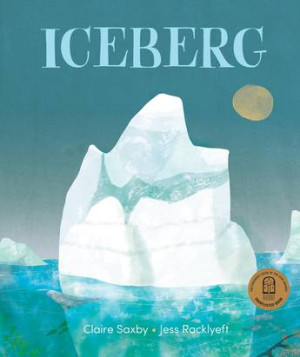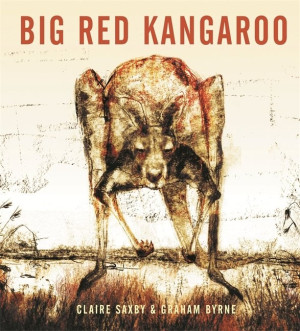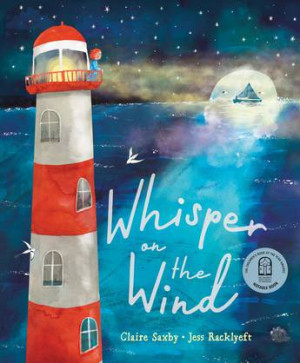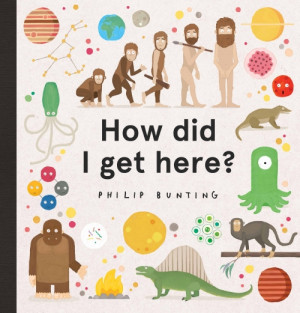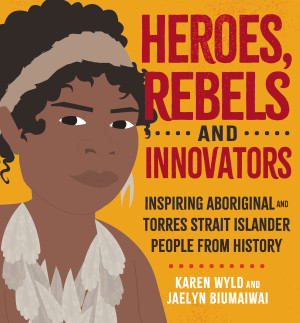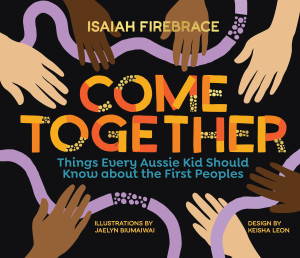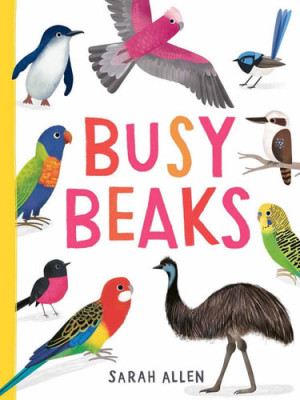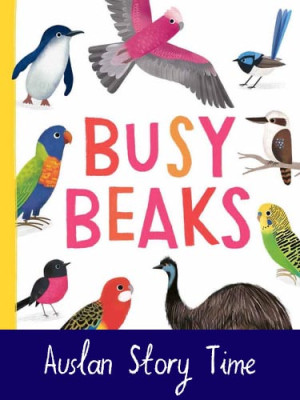

Finding the information you need for your fact writing
What’s in the Video?
Non-fiction writers might be clever – but most of them don’t know EVERY fact they need to
write a book. That’s where research come in – finding information, and using it in an original
and creative ways. Find out how to find out what you need with this informative lesson.
Video Chapters:
00:00 Introduction
00:24 Meet the creators
01:17 Researching for non-fiction books
03:35 How to find the information you need
04:47 How can we use the information we find?
06:40 Final words of advice
07:28 Here’s what we’ve learned
 Learning Intentions
Learning Intentions
1. Learning about research, and how to structure non-fiction research.
2. Exploring ways to find and select information for our writing.
3. Learning about writing for a purpose, and how to make work effective and engaging.
SUCCESS CRITERIA:
1. I have used more than one source to find information.
2. Used facts to create an engaging, informative and original piece of writing.
 Discussion Questions
Discussion Questions
- If you have a question or there’s something you want to know – how do you find information? Where do you look?
- Have you ever read or heard a fact that you wasn’t sure was true? How did you find out whether it was true or not?
- Jess and Claire both said that ‘research’ is simply finding out what you don’t know, and making sure the information you think you know is right. Do you
remember some of things Jess and Claire have had to research? Where did they look for that information? - Jess talked about some of the experts you can ask for information. What kind of people did he mention?
- Claire said that one of the things she looks at when researching online is ‘WHO has posted the information, and what they are wanting to tell her’.
- Why do you think asking WHO has written something is important?
- Do you think that there are places you can look for information that might be more RELIABLE than other places?
- Jess said that research is ‘only the first part of writing a book’, and that he has to decide how best to communicate the information he has found in his books. Why do you think Jess doesn’t just ‘copy and paste’ the facts he has found in his research, but shapes them into his own words?
- Claire told us that when she finds a fact she wants to use, she will find three sources to confirm that fact before she uses it in her books.
- What do you think she means by a SOURCE?
- Why might it be useful to confirm your facts from more than one source?
 Curriculum Links
Curriculum Links
ENGLISH Y3-4
Language:
● Text structure and organisation: AC9E3LA03, AC9E4LA03, AC9E3LA04,
AC9E3LA05, AC9E4LA05
● Language for expressing and developing ideas: AC9E3LA09, AC9E3LA10
Literature:
● Engaging with and responding to literature: AC9E3LE02, AC9E4LE02,
● Creating literature: AC9E3LE05, AC9E4LE05
Literacy:
● Texts in context: AC9E3LY01, AC9E4LY01
● Analysing, interpreting and evaluating: AC9E3LY03, AC9E4LY03, AC9E3LY05,
AC9E4LY05
● Creating texts: AC9E3LY06, AC9E4LY06
LITERACY
Reading and Viewing:
● Understanding texts: Comprehension Level 5-6
Writing:
● Creating texts: Level 5-6
CREATIVE AND CRITICAL THINKING
Inquiring:
● Developing questions: Level 3
● Identify, process and evaluate information: Level 3
Reflecting
● Transfer knowledge: Level 3








